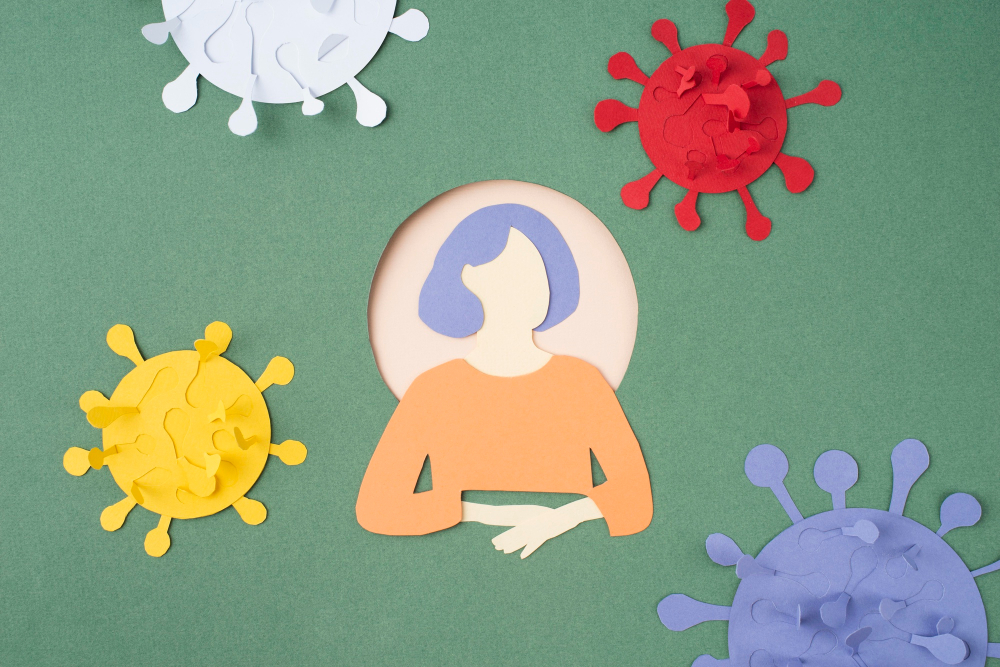A new international study published in Clinical Gastreoeneterology and Hepatologyduring July 2025, reveals that following the COVID-19 pandemic, there has been a significant increase in disorders of gut–brain interaction, such as Irritable Bowel Syndrome (IBS) and Functional Dyspepsia (FD). People with long COVID are particularly affected, showing higher rates of anxiety, depression, and reduced quality of life.
What Are IBS and Functional Dyspepsia?
- IBS is a chronic disorder of the large intestine that causes abdominal pain, bloating, and changes in bowel movements (diarrhea, constipation, or a combination of both). It does not cause permanent damage to the intestines but can greatly impair quality of life.
- Functional dyspepsia affects the upper digestive tract, causing pain, discomfort, bloating, nausea, and a feeling of fullness after only a small amount of food, without visible abnormalities in medical tests.
In both conditions, dysfunction of the gut–brain axis—the complex communication system between the digestive and nervous systems—plays a key role.
What Did the Study Find?
The research team compared data from 2017 and 2023 using the same Rome Foundation diagnostic criteria, producing the first direct population-level comparison before and after the pandemic. The results are concerning:
- The overall prevalence of gut–brain axis disorders increased from 38.3% to 42.6%.
- IBS cases rose by 28% (from 4.7% to 6%).
- Functional dyspepsia cases jumped by 44% (from 8.3% to 11.9%).
Among individuals with long COVID, these disorders were far more common and accompanied by more severe psychological symptoms.
Why Is the Pandemic Linked to This Increase?
The proposed mechanisms include:
- Direct damage to nerve fibers and gut microbiota caused by SARS-CoV-2 infection,
- Prolonged inflammatory response in the body,
- Psychological stress and lifestyle changes during the pandemic.
A Message for the Post-COVID Era
This research underscores the need for new treatment models and greater focus on the gut–brain axis in diagnosis and therapy. A multidisciplinary approach—bringing together gastroenterologists, psychologists, and nutritionists—may be key to preventing and managing these conditions.
Source: Olafur Palsson, Magnus Simren, Ami D. Sperber, Shrikant Bangdiwala, Jóhann P. Hreinsson, Imran Aziz. The Prevalence and Burden of Disorders of Gut-Brain Interaction (DGBI) before versus after the COVID-19 Pandemic. Clinical Gastroenterology and Hepatology, 2025; DOI: 10.1016/j.cgh.2025.07.012
FORMULA OF HEALTH reminds you:
The balance between gut and brain is the foundation of good health. Through proper nutrition, stress management, physical activity, targeted supplementation, and care for the gut microbiome, we can strengthen this axis and reduce the risk of chronic disorders.
Because—health starts from within!




